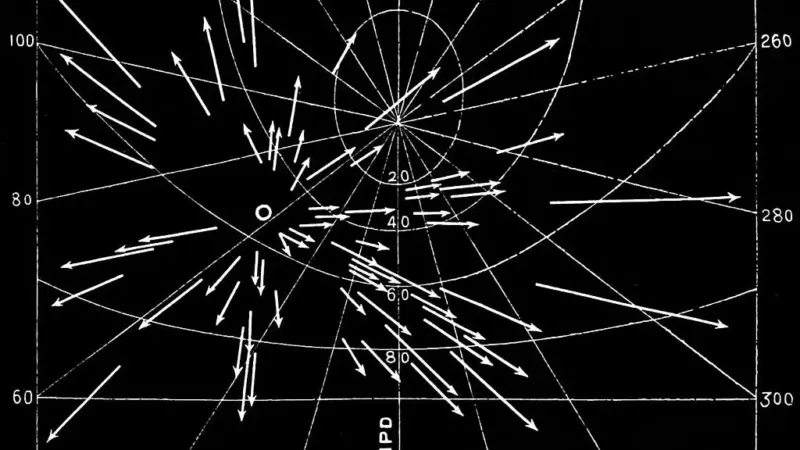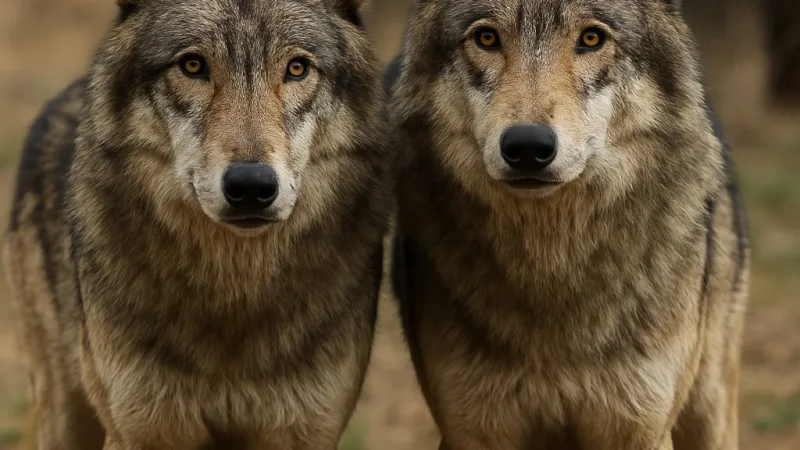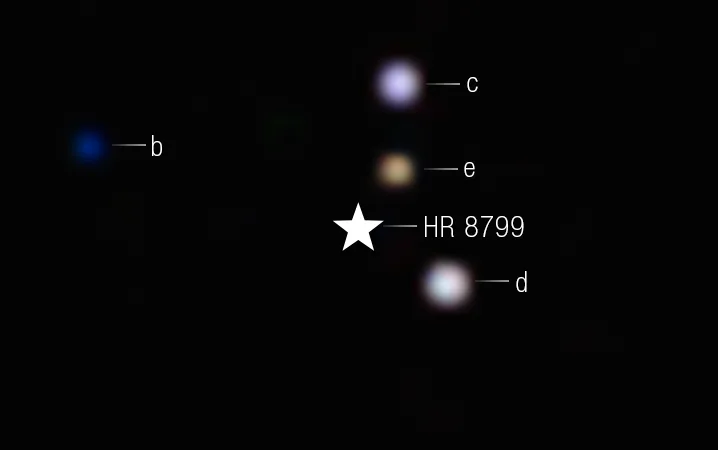Pigeons, AI, and Cognitive Resemblances

Pigeons possess problem-solving abilities that are comparable to artificial intelligence, according to recent research. Despite being often regarded as a nuisance, pigeons are highly intelligent animals capable of a range of impressive feats, such as remembering faces, perceiving vibrant colors, navigating complex routes, delivering messages, and even saving lives. In a study conducted with 24 pigeons, researchers discovered that their problem-solving approach aligns with that of AI models. The pigeons were presented with various visual tasks, some of which they could categorize within days, while others took weeks to learn. The researchers found evidence suggesting that the method pigeons used to make correct choices resembled the algorithms employed by AI models. Edward Wasserman, a study co-author and psychology professor at the University of Iowa, stated that pigeon behavior reveals nature’s creation of an algorithm that effectively learns challenging tasks, although not necessarily the most swiftly, but with remarkable consistency.
Experiments in Problem Solving
The experiments involved displaying different stimuli on a screen, including lines of varying width, placement, and orientation, as well as segmented and concentric rings. The pigeons had to peck a button on the left or right to determine which category the stimuli belonged to. Correct choices were rewarded with food pellets, while incorrect choices received no reward. The pigeons did not require a specific rule, learning primarily through trial and error. For instance, if presented with a visual labeled “category A,” they would categorize anything resembling it as “category A” based on their ability to identify similarities.
Associative Minds and Cognitive Insights
Throughout the experiments, the pigeons demonstrated an improved ability to make correct choices, increasing their accuracy from 55% to 95% in simpler tasks. When faced with more complex challenges, their accuracy rose from 55% to 68%. Onur Güntürkün, a professor of behavioral neuroscience at Ruhr University Bochum, who was not involved in the study, remarked that using animals like pigeons allowed researchers to gauge the potential of mostly associative minds. The findings underscore the strength of associative systems and their cognitive-like nature.
AI models aim to identify patterns and make decisions, a process that pigeons are shown to perform as well. Pigeons learn through consequences, exhibiting a remarkable ability to correct errors when no food pellet is provided. Similarity plays a crucial role for pigeons as they use their capacity to recognize resemblances between objects. Lead author of the study, Brandon Turner, emphasized the significance of these mechanisms, suggesting that neural networks or AI machines can employ them to solve categorization problems. Turner believes that the mechanisms present in AI are also present in pigeons.
The researchers intend to collaborate with experts who study pigeons and their brains, hoping to leverage these findings for a better understanding of human brain damage. Wasserman expressed optimism about gaining further insights into pigeon cognition, praising their extraordinary learning capacity despite their small brain size. It is important to note that no harm was inflicted upon pigeons during the course of the study.






